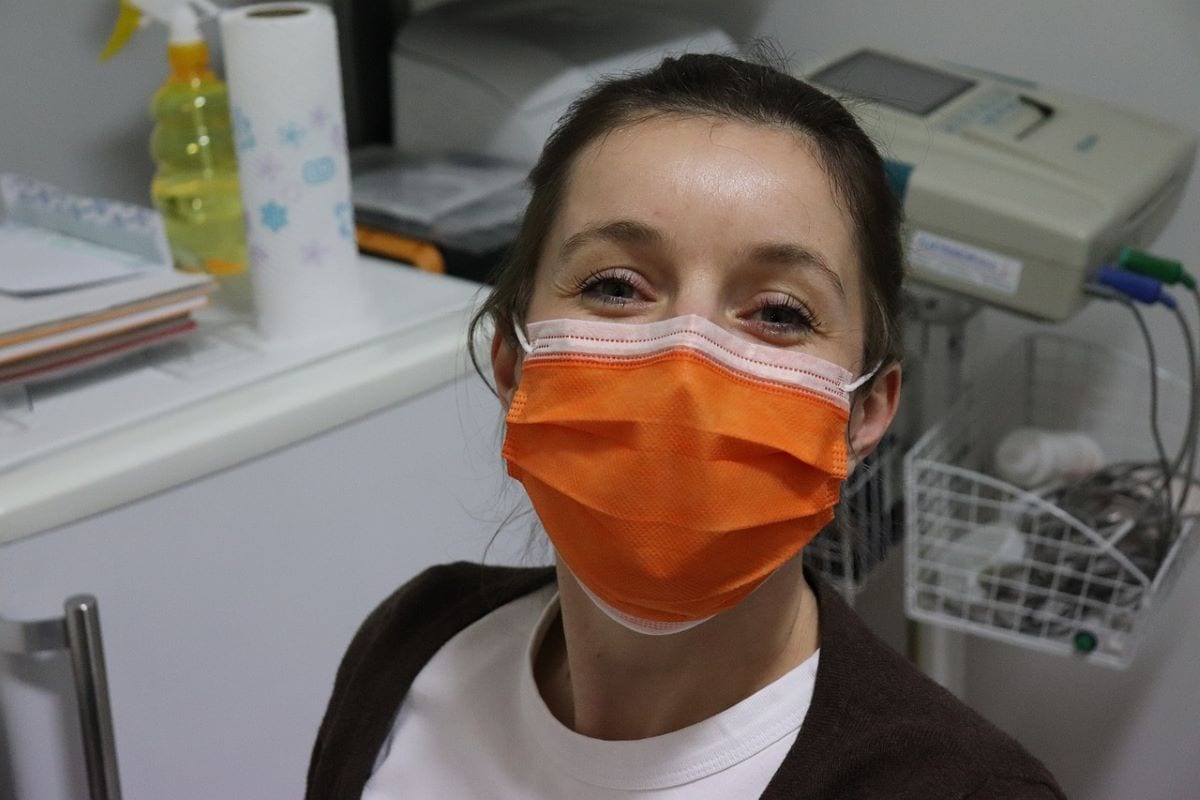The Most In-Demand Medical Career Specialisms to Consider
Working in the professional field of medicine and healthcare, regardless of your current position on the proverbial ladder in terms of your job role, salary, and the nature of your daily working life, is a vocation full of as many rewards as there are challenges.
As a medical professional, either on the science, research, and development side or else in the practical, face-to-face context of working with patients in a hospital or other medical institution, part and parcel of your career is the plethora of opportunities to move into another area.
So, with that being said, continue reading to learn of the four most in-demand medical career specialisms for your consideration.
1. Pediatricians
One of the biggest shortages when it comes to specialized physicians in the United States is that of pediatricians, who help treat and monitor illness and disease in babies, adolescents, and children.
Preventative medicine is a massive part of the daily working life of a pediatrician and their key roles and responsibilities include, amongst a host of others, the following:
- Monitoring the progress of patients and their treatment responses
- Prescribing therapies, medication, and surgeries
- Assessing disabled, ill, or injured children of all ages
- Training and supervising junior and trainee medical staff
- Explaining treatments and diagnoses to children and their parents
- The referral of patients to specialists and other types of physicians
2. Internists
Internists are part of a group of medical professionals known as primary care physicians and are both currently and projected to be highly in demand now and in the future. In fact, the AAMC (the Association of American Medical Colleges) actually predicts a shortage of over fifty-five thousand primary care physicians over the next few years.
Internists are solely concentrated on the performance of non-surgical diagnoses and treatments of injuries and diseases and are usually tasked with treating adults rather than children.
Internists can work in a wide variety of locations, including long-term care facilities, assisted living facilities, physician’s offices, and traditional hospital settings.
3. Medical Researchers
From finding the connection between certain forms of cancer and Myeloid cells and other gut microbes to trialing a new vaccine for a persistent strain of a disease, without medical researchers, there would certainly be a considerably higher fatality rate not just in this country but throughout the world.
Medical researchers need a specific and thorough base of knowledge around the science of medicine and drugs and dedicate their professional lives to the pursuit of even more knowledge and medical discovery. Medical researchers are employed in a wide range of different settings, from medical research institutes and medical research charities to higher education institutions, hospital laboratories, and research institutes.
Typical skill sets required of a medical researcher include, in addition to the aforementioned wide knowledge base in scientific medicine, excellent time management and organization skills, strong foundations in mathematics, good decision-making skills, an ability to work on instinct, and being able to communicate with people from all walks of life.


 The medical field is one of the most stable industries. With a career in the fast-paced medical field, you can earn a great living and make a difference in the world. There are many jobs to choose from so you can find one that suits your preferences and allows you to turn your dreams into reality. Here are four possible jobs in the medical field.
The medical field is one of the most stable industries. With a career in the fast-paced medical field, you can earn a great living and make a difference in the world. There are many jobs to choose from so you can find one that suits your preferences and allows you to turn your dreams into reality. Here are four possible jobs in the medical field.


